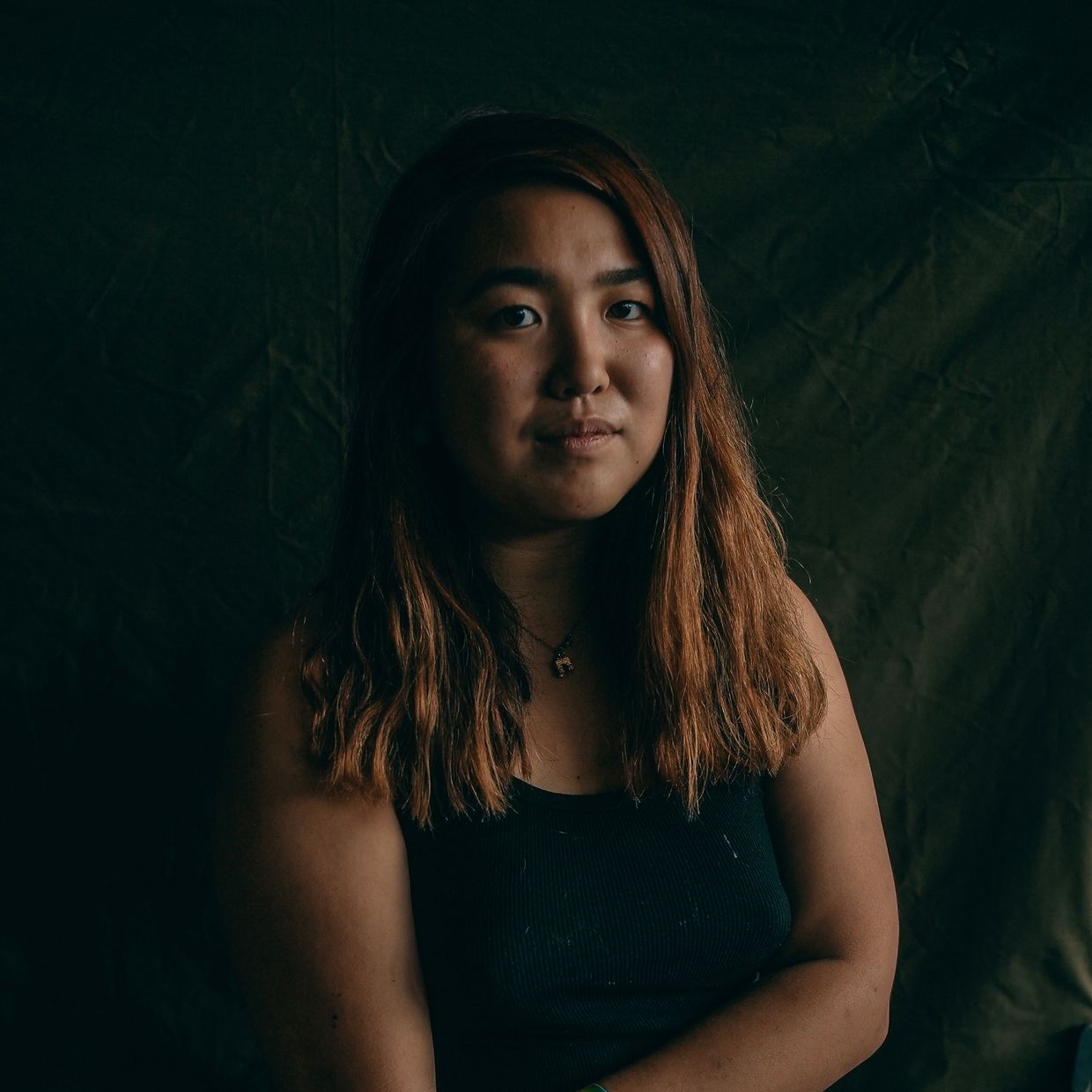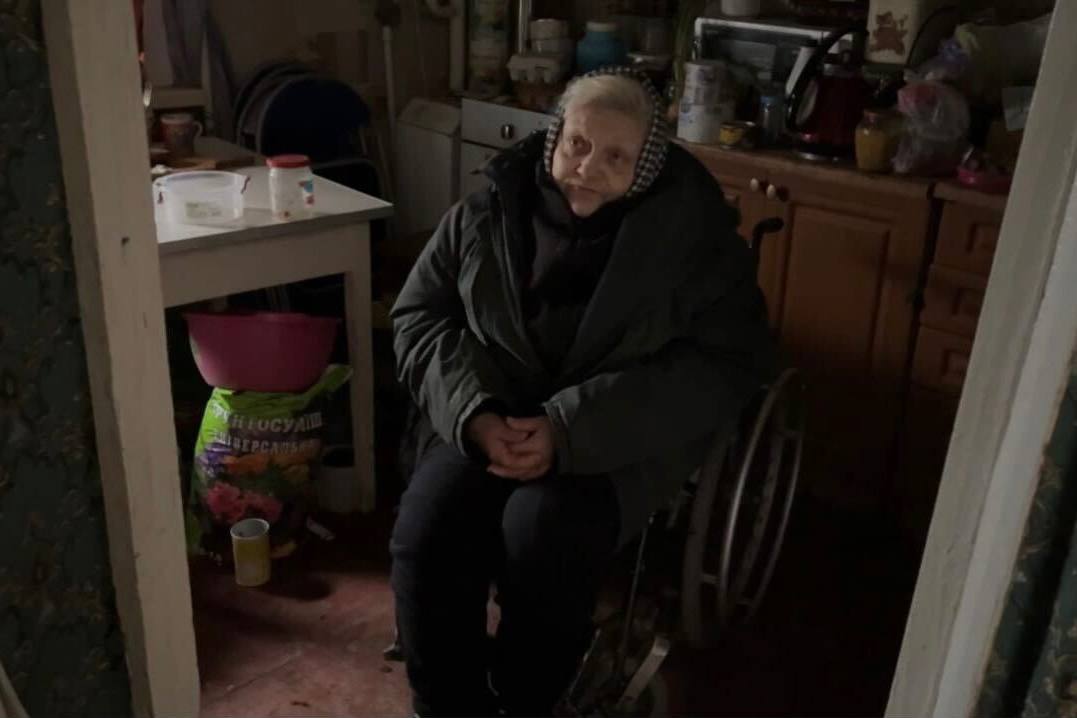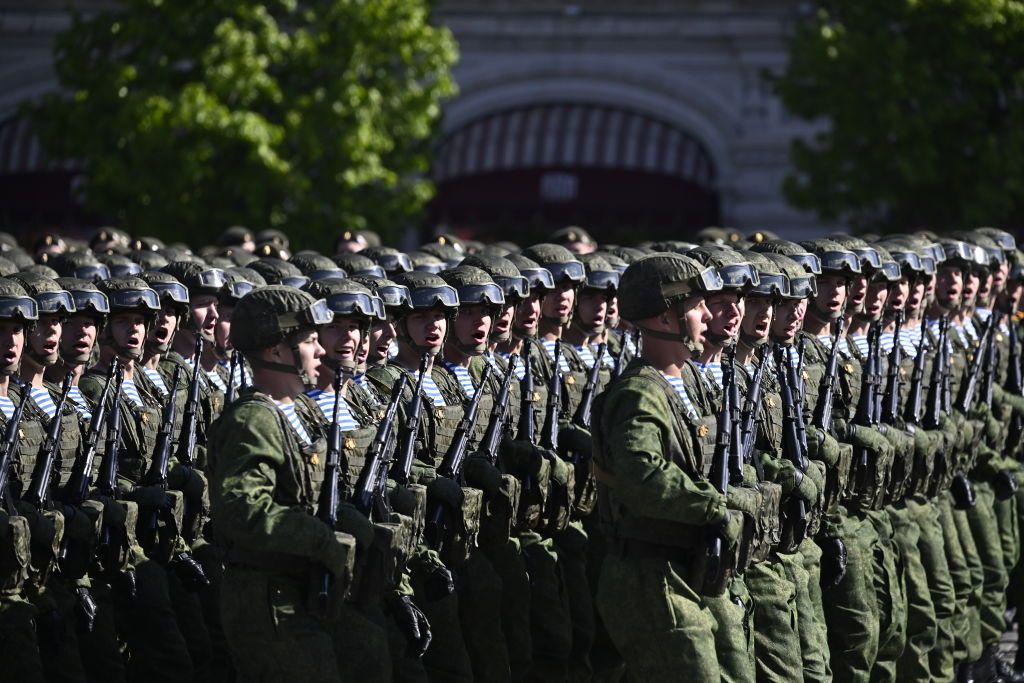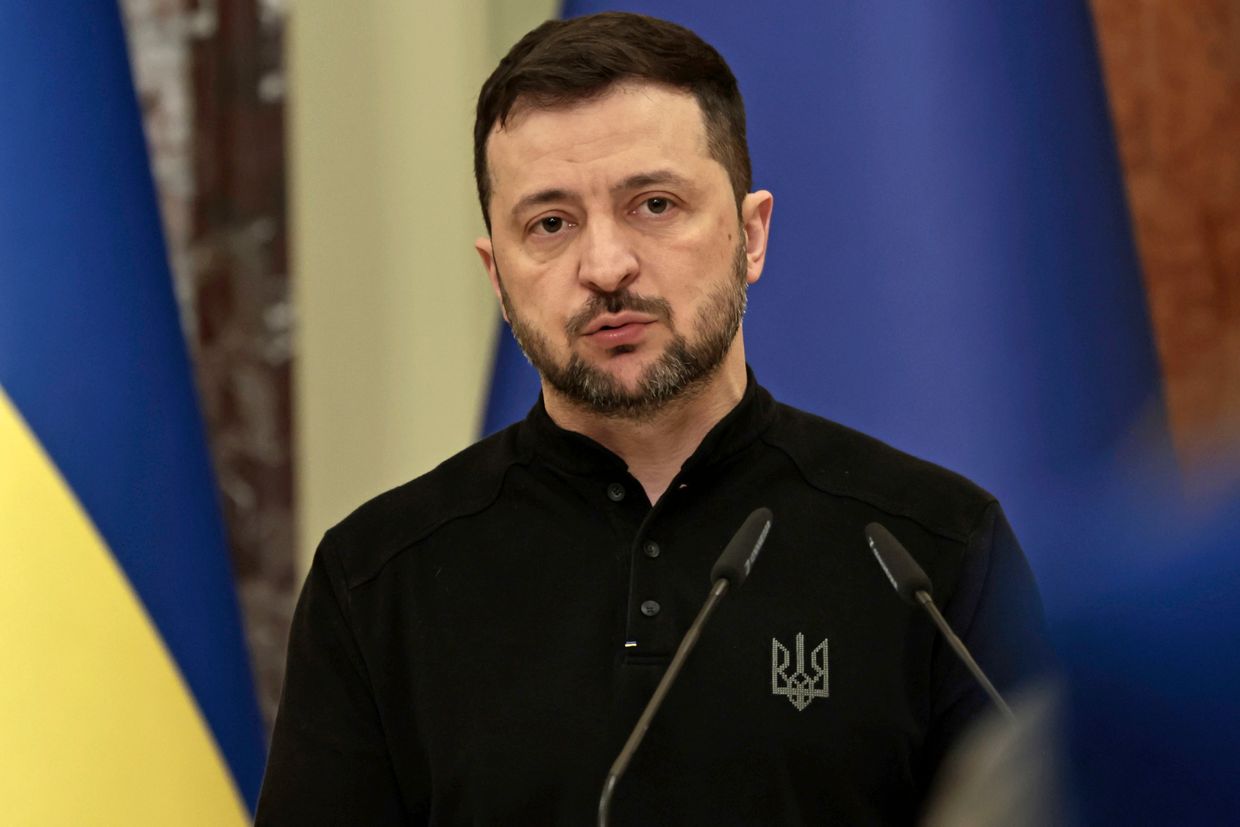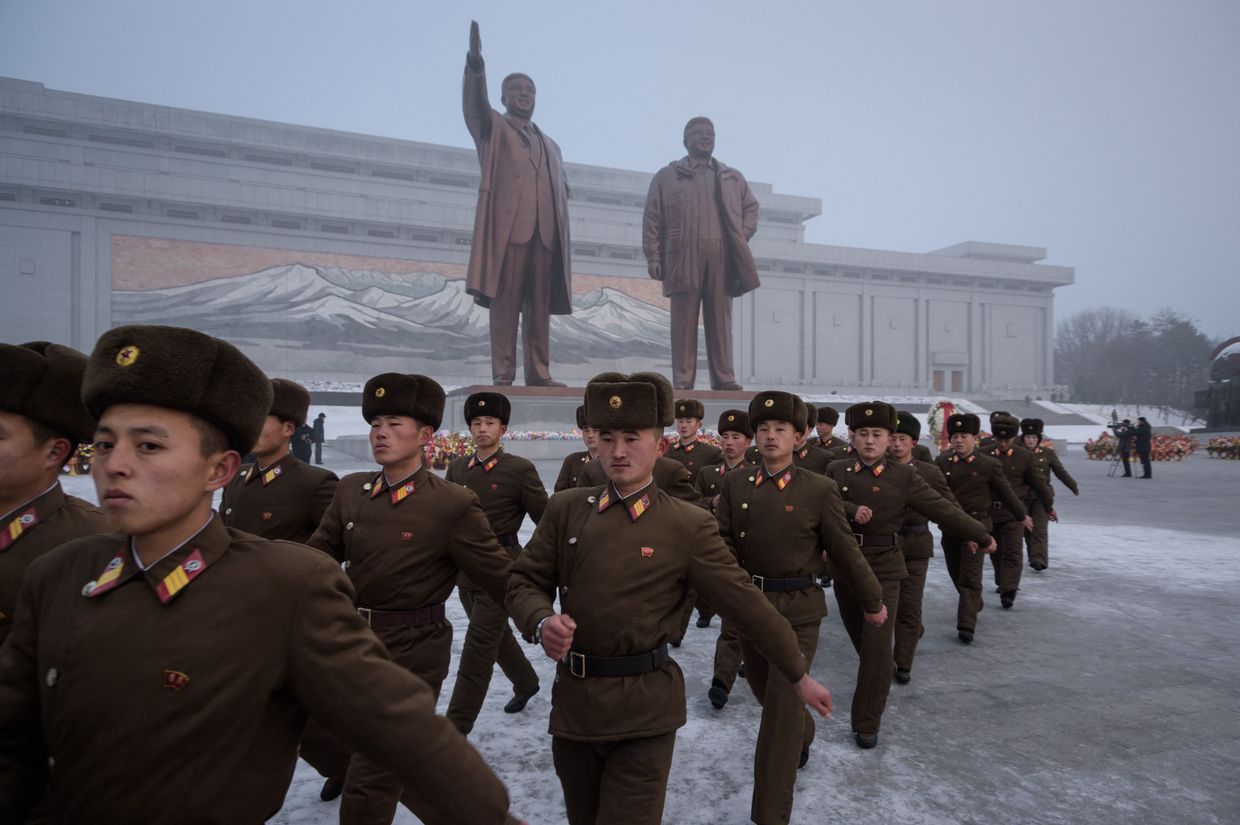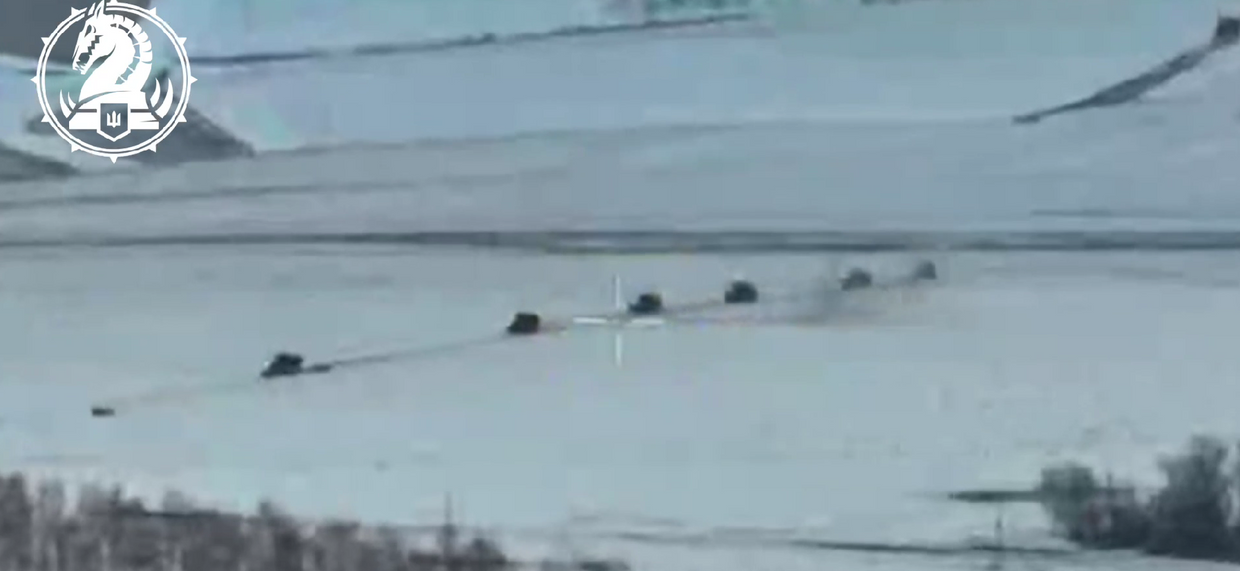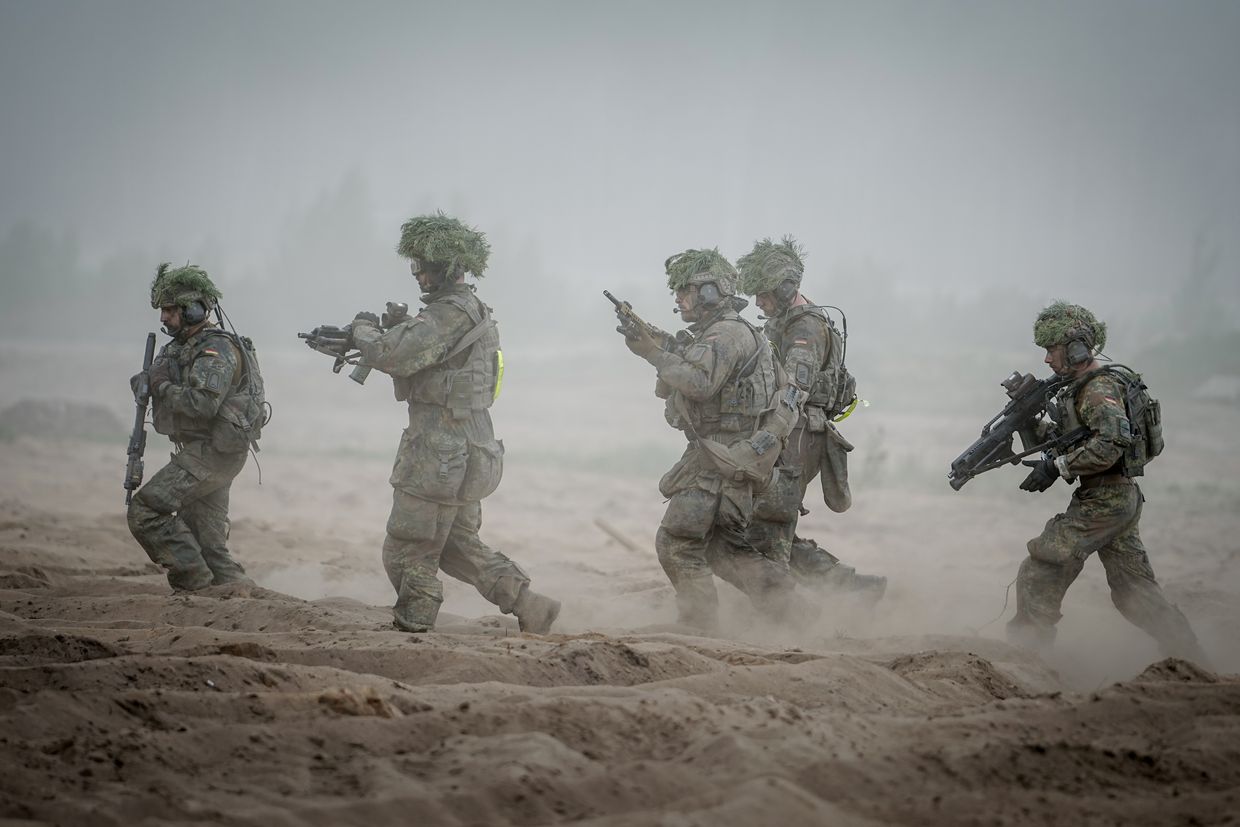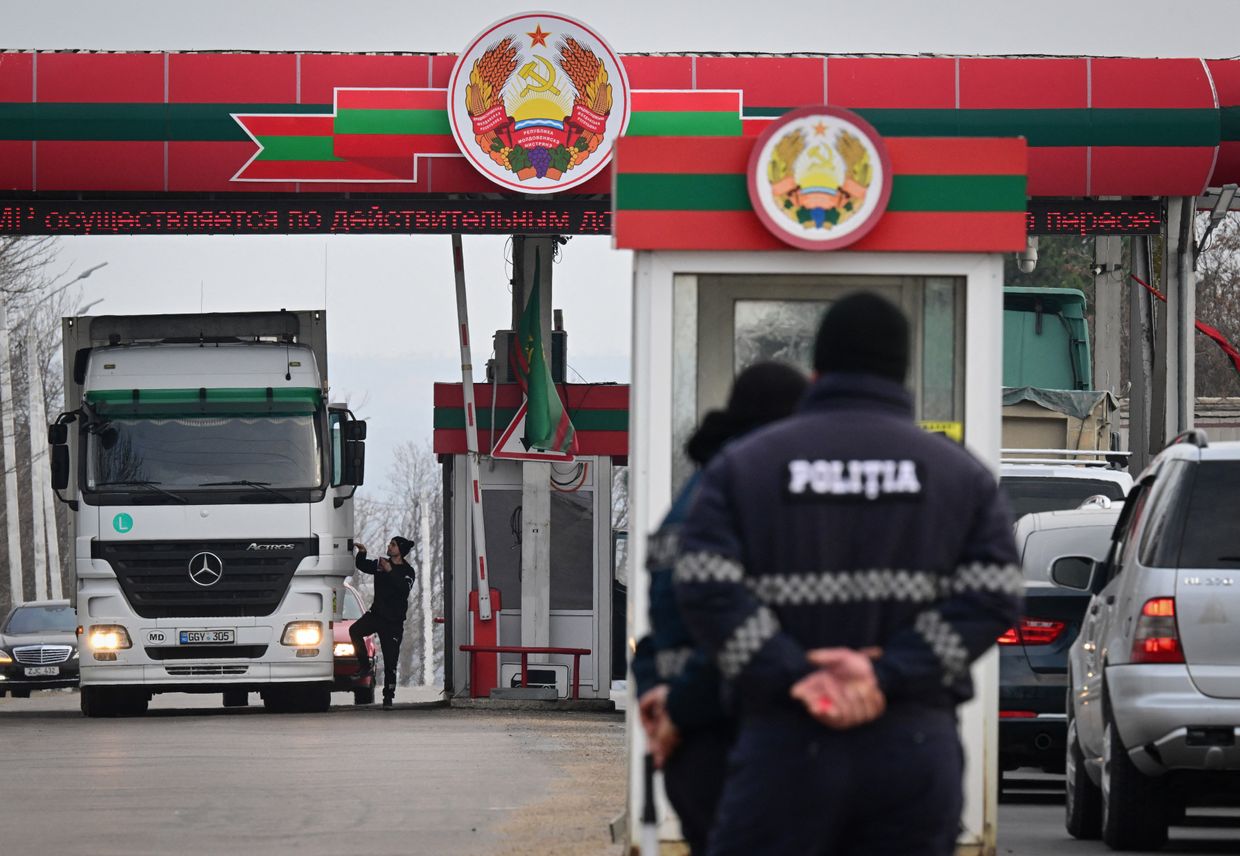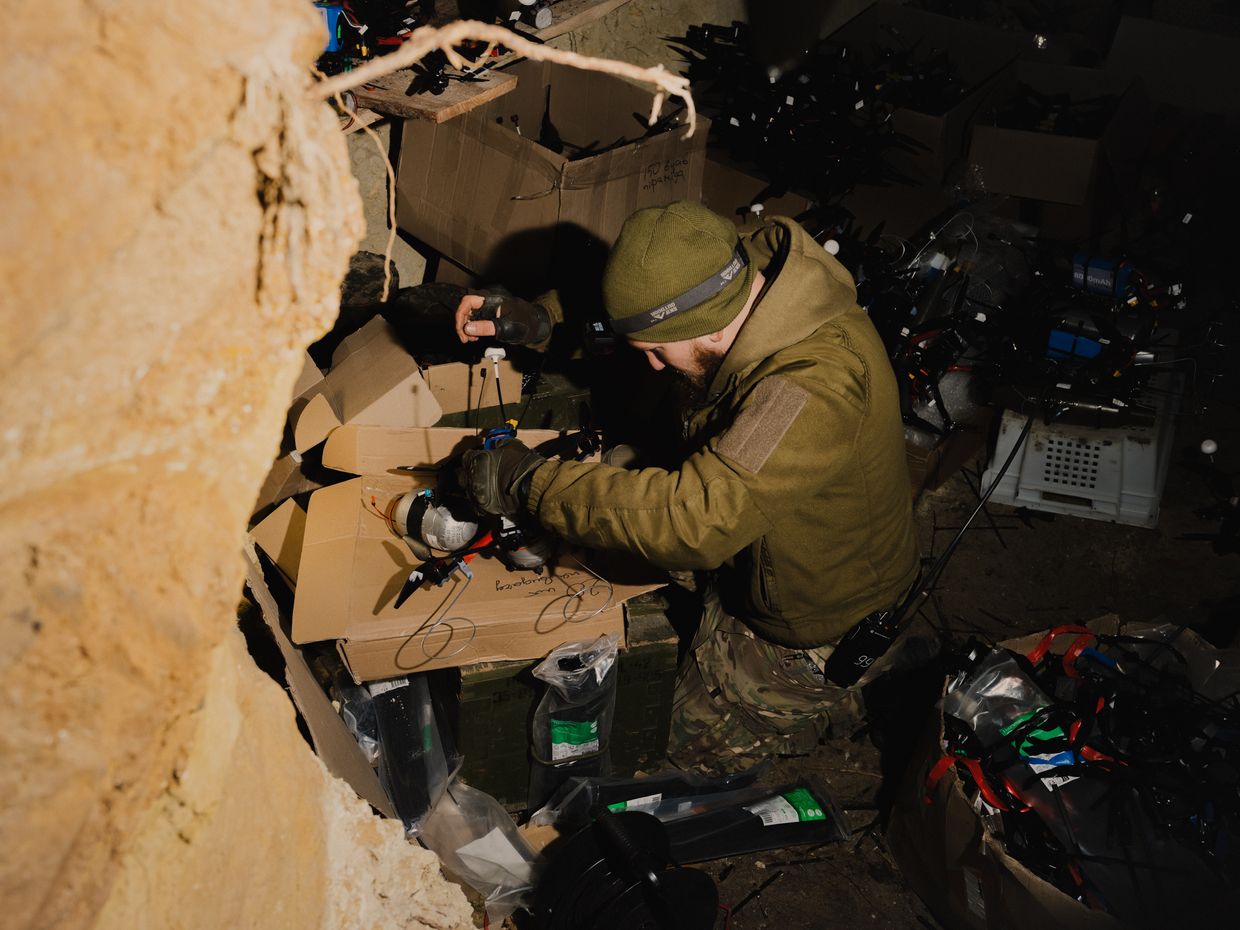BUCHA, Kyiv Oblast – When Russian forces turned an ordinary residential road in Bucha into a battlefield, wheelchair-bound Liudmyla Usenka, 69, was alone at home in the darkness.
With a look of horror on her face, Usenka told the Kyiv Independent about the never-ending sounds of shelling and heavy street fighting as the Russians advanced into neighboring Irpin, another city on the outskirts of the capital.
A month of living under Russian shelling in complete isolation was traumatic for the elderly woman. Cut off from electricity, water and gas supplies since the early days of Russia’s all-out war, Usenka began to accept the terrifying glimpse of her future.
“I didn’t think that I would make it till the end of the war,” Usenka said, breaking into tears. “I just prayed to see my daughter again.”
Like several other towns in Kyiv Oblast, Bucha was the site of heavy hostilities due to its strategic importance in Russia’s plan to capture the Ukrainian capital.
The town has become internationally known after its liberation on March 31 which revealed some of the cruelest atrocities committed by Russian soldiers during the occupation. Some 412 bodies were found in Bucha’s streets, buildings and mass graves as of April 19, according to mayor Anatoliy Fedoruk.
Though going outside during occupation posed grave danger, staying inside was just as horrific for many Bucha residents, as they were trapped inside their homes and basements with no utilities and humanitarian aid for six weeks.
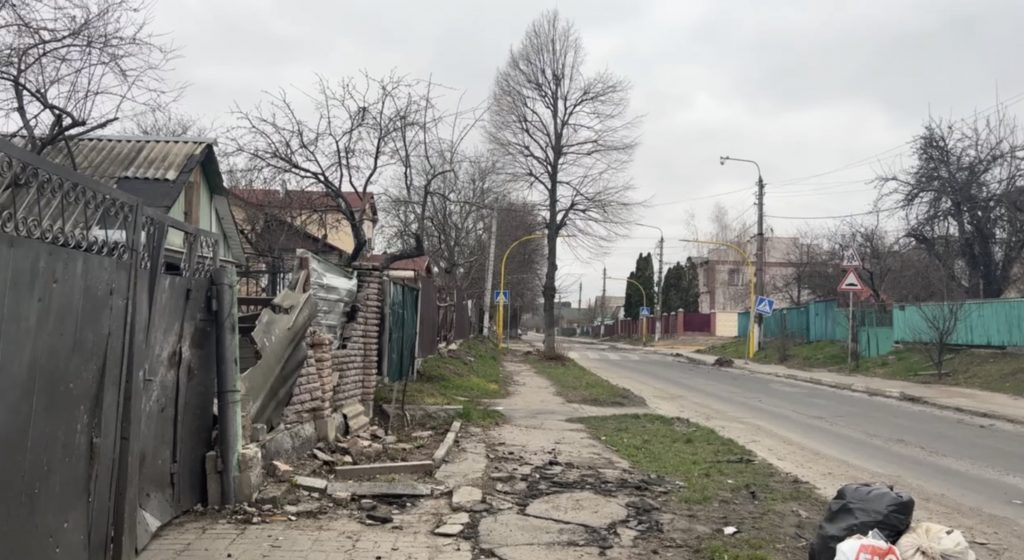
Shells flying overhead
Usenka used to walk with a cane due to arthritis before her disease got worse and put her in a wheelchair. Living for many years alone, she learned to cook and take care of herself, with her daughter coming on weekends to bring groceries and clean up.
When Russia began its all-out war against Ukraine on Feb. 24, Usenka didn’t consider fleeing with someone’s help because she didn’t expect the situation to get so dangerous. By the time she realized it, neither her daughter who lives in Kyiv, nor volunteers could reach occupied Bucha to evacuate her.
Usenka’s house is located on Bucha’s central Vokzalna Street, through which a column of Russian combat vehicles entered the town.
What once was a long, narrow, suburban avenue on the outskirts of Kyiv is now known for the scene of ruin, with destroyed Russian military equipment lined up along the street.
“When they (the Russians) occupied Bucha, there was fighting here (on Vokzalna Street) every day.”
Usenka says that shelling would start at around 4-5 a.m. and go on until midnight or sometimes 2 a.m. every day.
“The ground was shaking, and there were shells flying over my head,” she says.
The nearest shell landed barely a meter away from her kitchen window, leaving a large hole in her yard. “I thought the whole house would burn down,” she said. Luckily, only her kitchen window and the door broke, but the nightmare continued.
Amid constant bombardment, almost all of the windows in her house were shattered and the ceilings began to leak badly. Stuff was littered everywhere after an explosion and she had difficulty moving around with the wheelchair.
“They (Russian forces) fired in the morning, afternoon, night – they fired 24/7,” she said. “The house was always shaking.”
Usenko was also always very cold, especially since she couldn't move around much and had to sit in her wheelchair all day.
Every night, she’d sleep in her living room, the only room where cold air couldn’t get through the window. But water was leaking from the ceiling on top of where she slept as well. She said that “cold isn’t even the word” to describe what it felt like.
She also ran out of her regular pills for high blood pressure and arthritis early in the war, and her health deteriorated. She said her knees pained really badly.
“I had no more medicine,” she began to sob.
Her fears heightened when Russian occupiers came banging on the doors of her house several times, demanding that she open.
“I told them to ‘leave’ and that ‘I won’t open the door. I’m handicapped and I can’t,’” she said. “They told me they want to have a look (inside). I told them there is nothing here, and to leave.”
“They didn’t leave immediately. I began crying, I began screaming, and praying to god.”
The Russians left after a while, but Usenka was still terrified to even get close to the door. She spent most of her time sitting in her wheelchair in the kitchen, and her neighbors would bring some porridge once a day for her to eat – if the situation allowed them to leave their house.
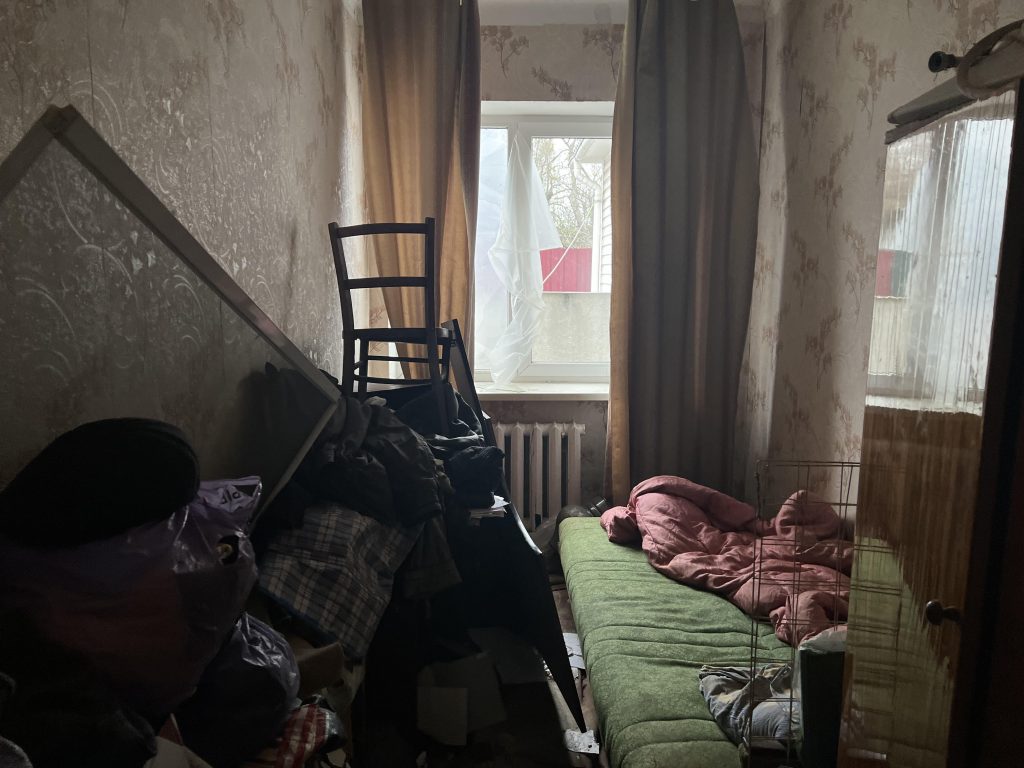
Back home
By the time Bucha was liberated, Usenka’s health conditions had declined to the point where she needed to be taken to a hospital as soon as possible. Ukrainian soldiers and volunteers came by her house to take her to a doctor in Kyiv. There, she met her daughter, crying, as she finally hugged her.
“I don’t know how I did it (survived),” she said.
“I hope no one will have to live through what I went through,” she said with difficulty.
After a few days of stay at the hospital, Usenka went back to her home in Bucha.
Usenka’s house is one of the few that remain standing on Vokzalna Street.
“More than 10 houses were completely destroyed,” she said.
Her house still has no electricity, heat or water. Though shivering as she sat in a wheelchair in the exact spot where she spent the last month frightened of what may happen to her, Usenka seemed happy to be back.
“I’ve lived here since 1978,” she said proudly, her daughter and son-in-law standing beside her.
